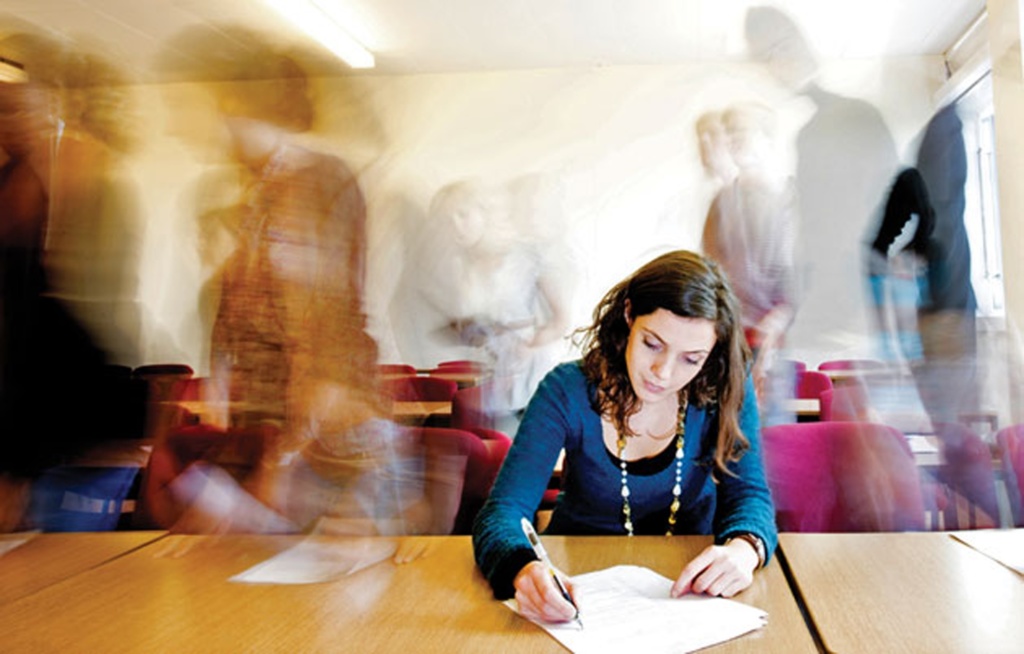
I was talking with an A Level student recently who in the run up to her GCSEs felt her world was falling apart. Lauren (not her real name) was self-harming, secretly, and not really understanding why. Her teacher noticed that something was not quite right - her progress wasn’t quite in keeping with her usual work - and asked if she wanted to talk, or if there was anything she could do to help. And, when Lauren did approach her a few days later, the same teacher immediately enlisted the support of a colleague as a key worker for Lauren, to monitor and mentor her. The same teacher sat down with the leadership team, Lauren’s mum, and the medical professionals that had been called in to help so they had a better understanding of the support Lauren needed. Then Lauren was given a pass which she could use to take a break from class whenever she felt anxious, and told she could sit down with her key worker whenever she needed to. “Sometimes she would just hold my hand and let me talk,” says Lauren. “Sometimes we’d draw or read together or just have a cup of tea. She helped me untangle what was going on.”
This wasn’t a quick fix. Lauren had to miss school while she sought professional help and treatment but she kept in touch with the staff and, when she went back, they were waiting for her - offering her the chance to go back a year, cut the number of GCSEs and access that ongoing support and counselling throughout. Lauren picked up six grade As at GCSE and is now doing A Levels and wants to study chemistry at university.
“Education came first at my school, but the teachers really care. The atmosphere is so lovely and positive. The staff take every problem as seriously as the child thinks it is - not how serious they think it is,” Lauren told me. No one could take my problem away, but they helped me get through it. Having someone to talk to and to listen to you is half the battle. I am hoping to go to university next year, but I’d love to be a teacher, a teacher like mine.”
I’ve got scores of stories like this, and each moves and motivates me because I can see the power of the teaching profession to change lives forever. The teachers who live on so vividly in the memory of students seem to be those who give children a real sense of what they are worth. They believe in what they are capable of and are committed to breaking down any barriers that seem to be in their way. Who match their knowledge of and excitement about a subject with an understanding of - and time for - each individual child. Their kindness has a moral purpose and this translates into real actions. That might be - as in Lauren’s case - making time to listen, or it might be seeking out help that is needed at home to make the child’s life and learning easier. It might involve calling in outside professional help or creating a new initiative to help a pupil make friends. It is about a commitment to doing everything possible to help that child achieve and move on with confidence. They are really the teachers we all want to be; the teachers who inspired us into this profession.

It is frustrating, then, to read reports of a mass exodus of young teachers from the profession. In fact it’s suggested that almost four out of 10 quit within a year of qualifying, and record numbers are giving up mid-career exhausted, isolated and burnt out.
It’s time we changed that, and it’s my belief that change comes by helping teachers learn more from each other and from the pupils in their class, by giving teachers responsibility for those pupils so they can better break down barriers to learning and help children and young people feel equal, engaged and excited about their future.